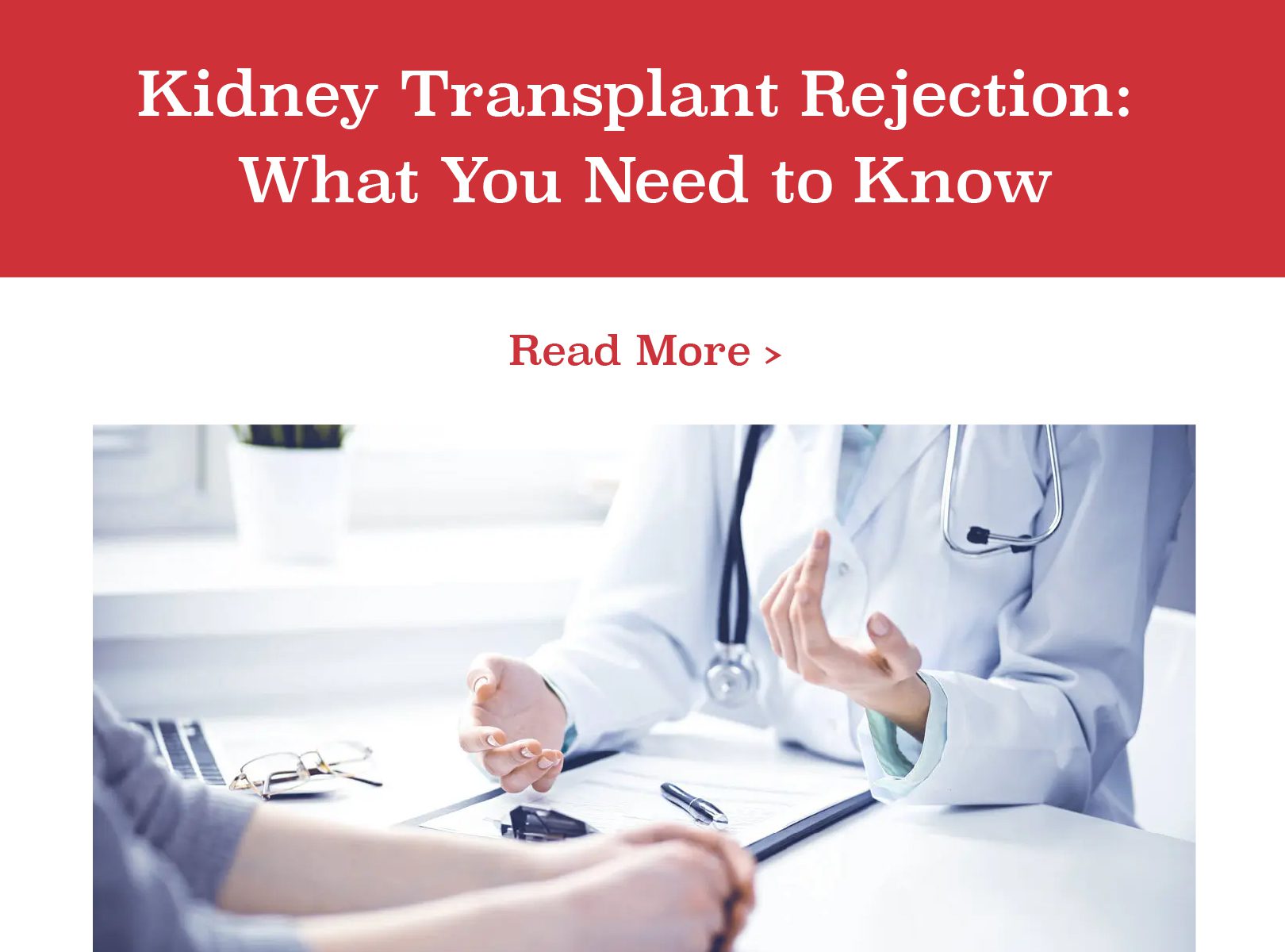Northwestern Medicine scientists have discovered a potential therapeutic target in the donor lung that can prevent primary graft dysfunction (PGD) in lung transplant recipients, according to findings published in the Journal of Clinical Investigation (JCI).
GR Scott Budinger, MD, chief of Pulmonary and Critical Care in the Department of Medicine and the Ernest S. Bazley Professor of Airway Diseases, was senior author of the study. Read the full story from the Northwestern Medicine News Center.






